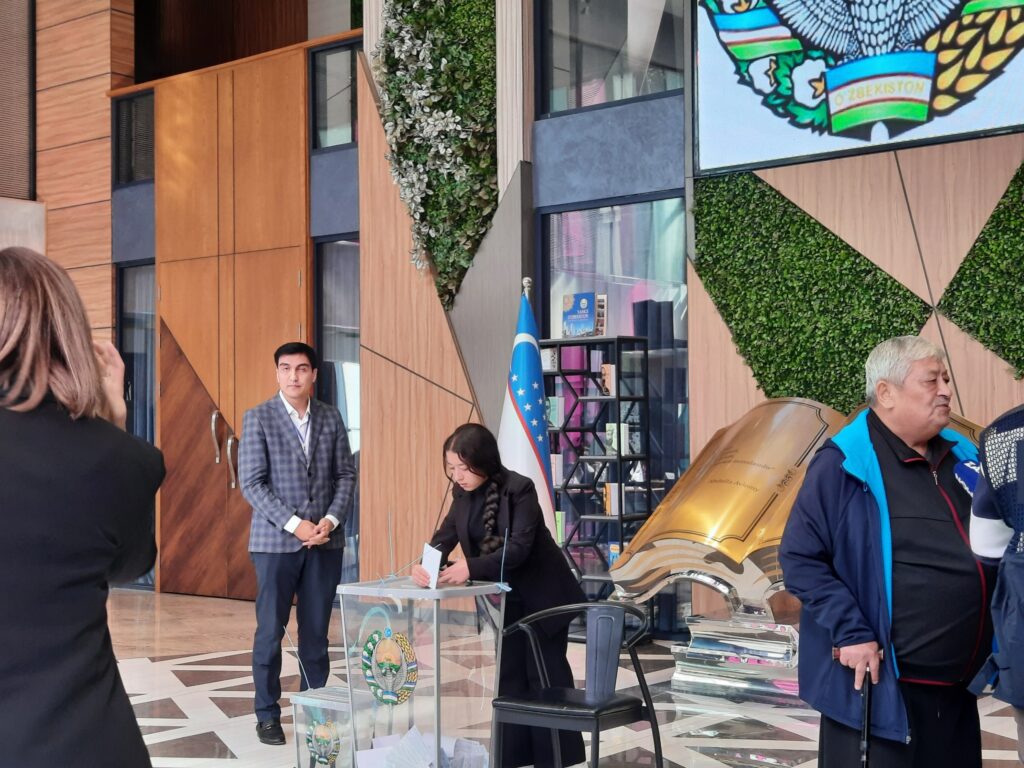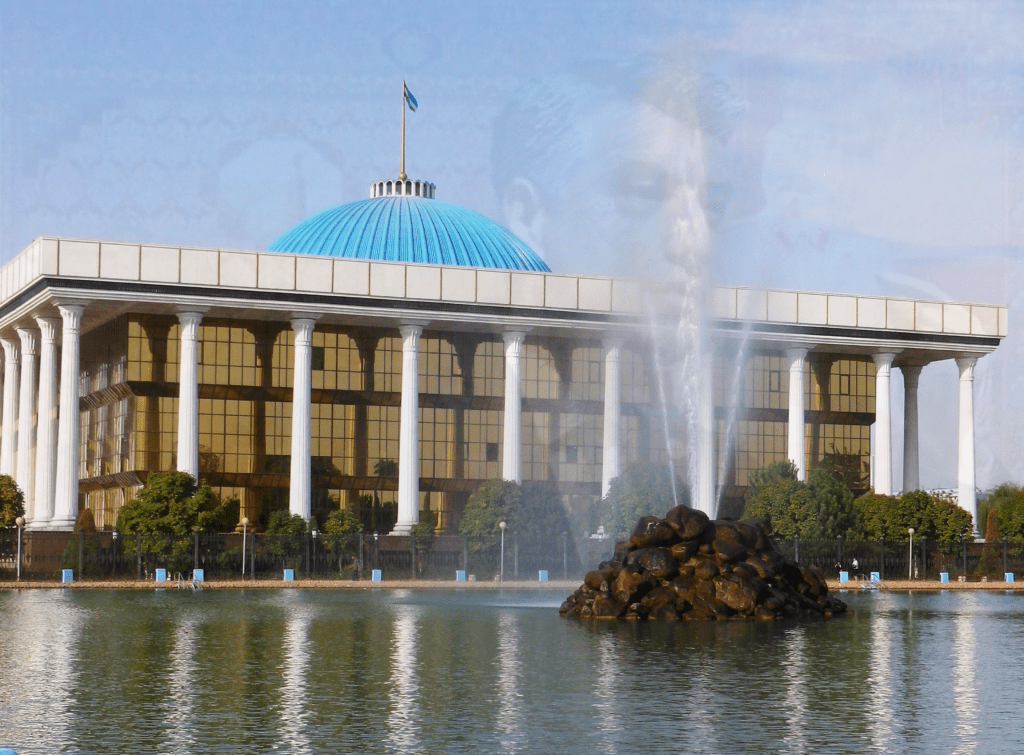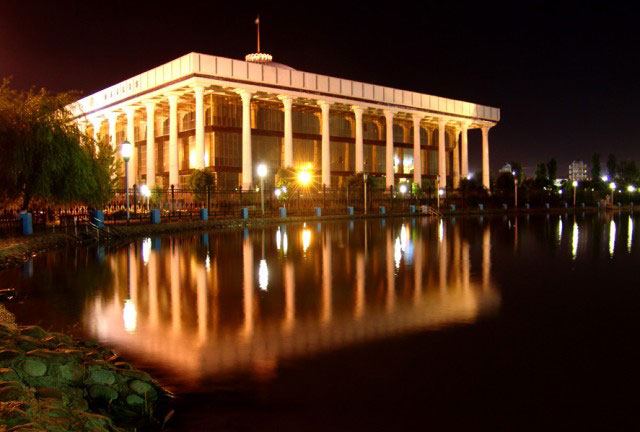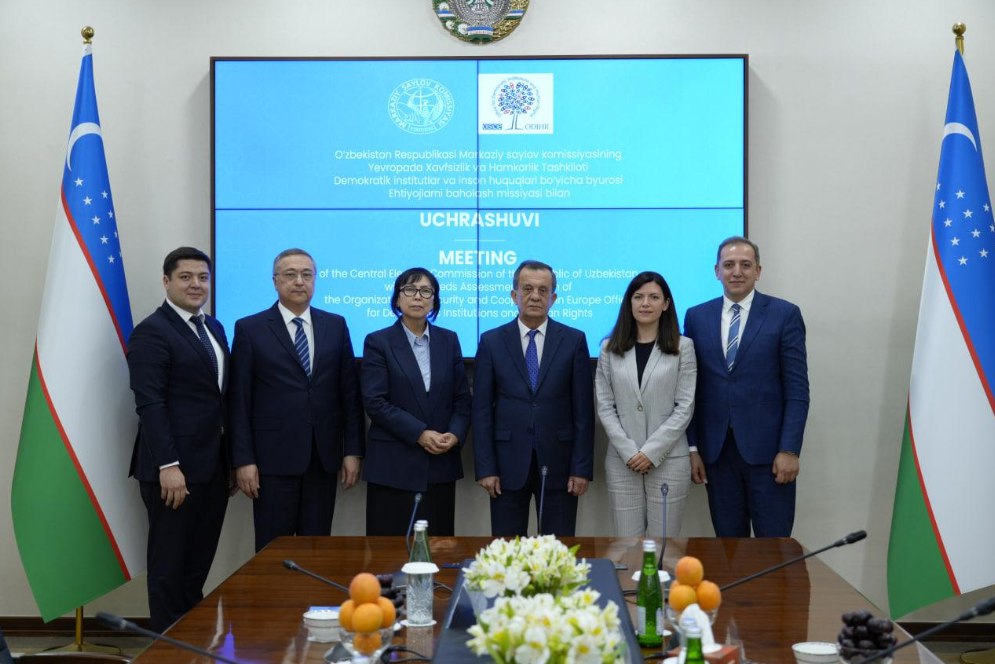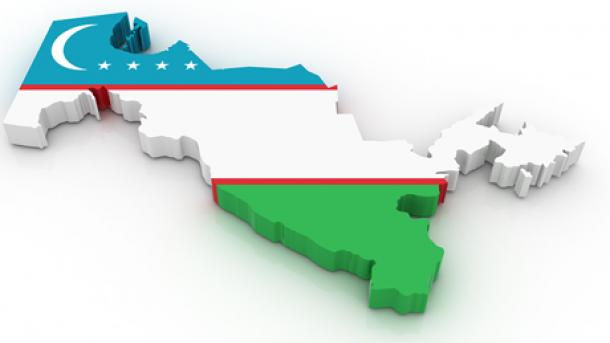Kazakhstan’s President Kassym-Jomart Tokayev continues measures to implement his overarching program of political, economic and social reforms. His most recent step, dissolving the Mazhilis (national parliament) and announcing new elections to be held on 19 March, is expected accelerate their progress.
These elections will be the first to take place under the new provisions of the constitution, amended in accordance with a referendum on 5 June 2022 that was backed by 75% of the public.
The new system is a qualitatively significant change from the past. It foresees 70 percent of the deputies of the Mazhilis being elected from party lists by proportional allocation, and 30 percent from single-mandate constituencies by majoritarian vote. Many Western countries use this type of “mixed” electoral system, which combines methods of majoritarian and proportional representation. In Kazakhstan, it will also be applied to voting for the maslikhats—representative bodies at the municipal and regional levels—in a 50/50 rather than 70/30 proportion. The reforms also reduce the size of the Mazhilis from 107 to 98 representatives.
The implementation of this electoral reform should make the legislative branch more representative on both central and local levels. As Tokayev has explained, it will further “create favourable conditions for the further development of civil society.” The elections “will become the embodiment of the changes taking place in society and will give a powerful impetus to the further modernisation of our political system.”
The last parliamentary elections on 13 January 2021 were based upon old rules and structures inherited from the stagnant regime of former president Nursultan Nazarbayev. The reforms will go well beyond the removal of the ex-president’s family from positions of influence and recapturing the state’s stolen wealth.
While anti-nepotism and a crackdown on corruption are priorities, Tokayev’s reforms go beyond it and open further vistas for the country’s democratisation. The details of the reforms, as well as the codification of their implementation, show minute attention to optimising the electoral mechanisms for popular participation and facilitating the entry of new actors into national and local politics.
Such democratisation can only be built with the recruitment of new elites and “sub-elites” at all levels from central to municipal government. The recruitment of new political actors from civil society will hopefully lead to their participative integration into the political system. This strategy targets the mobilisation of strata of society that have been excluded from the political and public sphere until now. Tokayev’s reforms are creating possibilities and opportunities for this inclusion to take place.
Seven parties have been registered under the new electoral rules and the Central Elections Commission expects another two to qualify before the deadline. They will be able to file candidacies if they succeed in holding an election congress and submitting the required package of documents for each candidate from the list.
It has been announced that, if necessary, filing deadlines will be extended until every constituency has at least two candidates on the ballot for every post. The ballots will also make it possible to vote “Against All” (i.e. “None of the Above”).
Many foreign observers fail to note all of these practical details, including the reduction of the minimum age required to stand for election. The minimum age to stand for election to the Mazhilis has been reduced to 25 years. The minimum age to stand for the maslikhats, the regional and municipal parliaments, has been lowered to 20 years.
Moreover, for the first time in many years, self-nominated candidates may stand if they meet the requirements for filing their candidacies. This means that “independent” candidates not affiliated with any party can stand for election at every level.
In addition, the reformed system allocates 30 percent of seats in the Mazhilis to women, youth and people with special needs, with similar provisions in place at lower levels of government and administration, automatically widening the constituencies represented and giving previously unrepresented segments of the population a legitimate voice.
The results of the elections will be testimony to how far Tokayev’s overall reform program has come, but it will also show how far it has still to go. The fact that what Tokayev envisions is a long-term – perhaps even a generational – project should not detract from the importance of his ongoing genuine efforts and the real progress they achieve.

